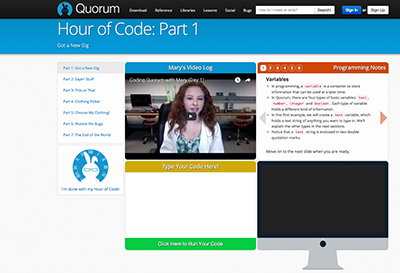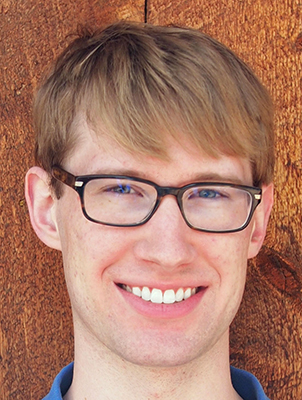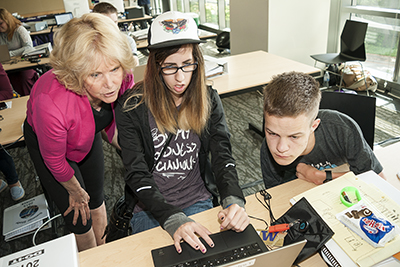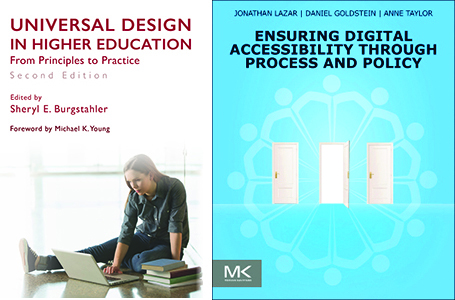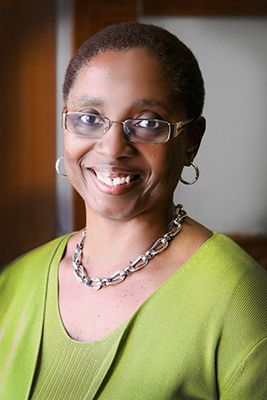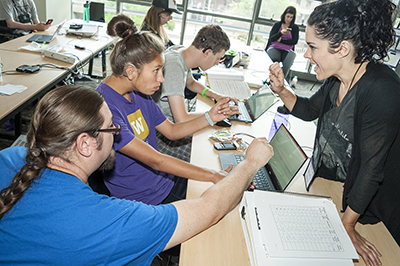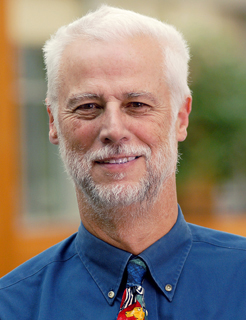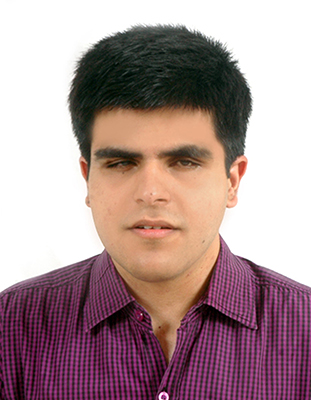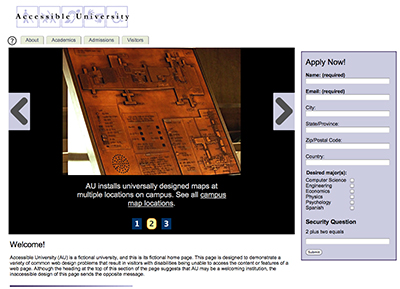Continued Funding for AccessComputing
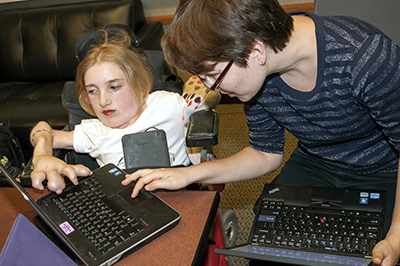
The National Science Foundation (NSF) has approved an additional investment of almost $4,000,000 in the Alliance for Access to Computing Careers (AccessComputing), a series of projects they have funded for a decade, with a total investment of more than $8,000,000. With new funding, AccessComputing will continue its work to increase the number of people with disabilities successful in computing degree programs and careers, as well as increase the capacity of postsecondary institutions, employers, and other organizations to fully include people with disabilities in computing courses, programs, and on staff.
Two new co-PIs, Associate Professors Amy Ko and Jacob Wobbrock from the UW Information School, join PI Richard Ladner and co-PI Sheryl Burgstahler. Amy Ko directs the USE research group, which invents technologies that help people understand and overcome complex software. Her interests span human-computer interaction (HCI), software engineering, and computing education. Jacob Wobbrock’s expertise is in the field of HCI, where he conducts studies of people’s interactions with technology and invent, design, and build new interactive technologies.
A diverse set of postsecondary institutions and computing organizations are AccessComputing partners. Students with disabilities engage in mentoring and professional development opportunities. A new group of industry affiliates is being formed, bringing greater focus on placing students with disabilities into computing careers after successfully completing their education. AccessComputing includes a new focus on how to integrate disability, accessibility, and universal design topics into computing curricula.
